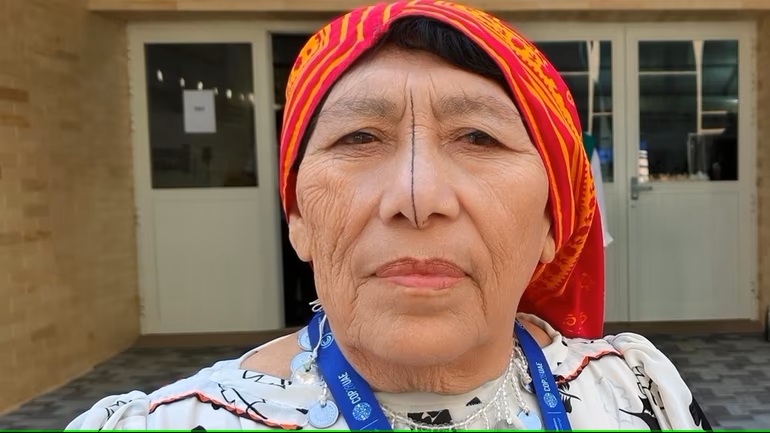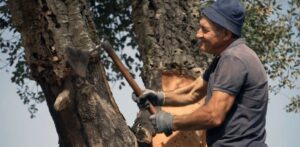Indigenous Women’s Message at COP28: Observe, Listen to Our Actions

Grace Talawag, representing the Philippines at the United Nations climate summit, delivered a poignant prayer using a sprig of leaves, symbolizing resilience in the face of climate change. Talawag underscored the importance of COP28 negotiators listening to the voices of Indigenous people, particularly Indigenous women, who offer valuable insights into addressing climate challenges.
While frontline communities exchange best practices during the climate talks, there is a growing demand for a more inclusive summit that integrates them into the global dialogue. Talawag highlighted the limited role of Indigenous communities, even in the loss and damage fund, emphasizing the urgent need for change.
Briseida Iglesias, a 68-year-old leader from Panama, spearheaded the Bundorgan Women Network, developing a method to cultivate eucalyptus plants to combat soil salinity, a pressing issue in coastal areas affected by rising seas due to global warming. The innovative approach combines ancestral knowledge of medicinal plants with eucalyptus cultivation, addressing climate change’s impact on coastal regions.
In Bangladesh, Indigenous women have implemented creative solutions to counter rising seas, using float farms and rafts to grow organic agricultural products and effectively respond to increasing salinity. This approach has extended to the Sundarbans areas of India and Cambodia, providing relevant solutions for regions grappling with heightened salinity.
Shehnaaz Mossa, overseeing finance at SouthSouthNorth, emphasized the crucial link between community-level efforts and broader discussions.
Chadian environmental activist Hindou Oumarou Ibrahim stressed the necessity of including women from Indigenous communities in negotiations, emphasizing their role as solution bearers actively implementing changes on the ground.
Jasumatiben Jethabai Parmar from Gujarat, India, shared an eco-friendly alternative to chemical pesticides, known as Jeevamutra. Comprising neem leaves, cow urine, and chickpea flour, this treatment aligns with centuries-old practices, offering a safer option amid climate-induced shifts in agriculture.
Repurposed article originally published in Newsday








